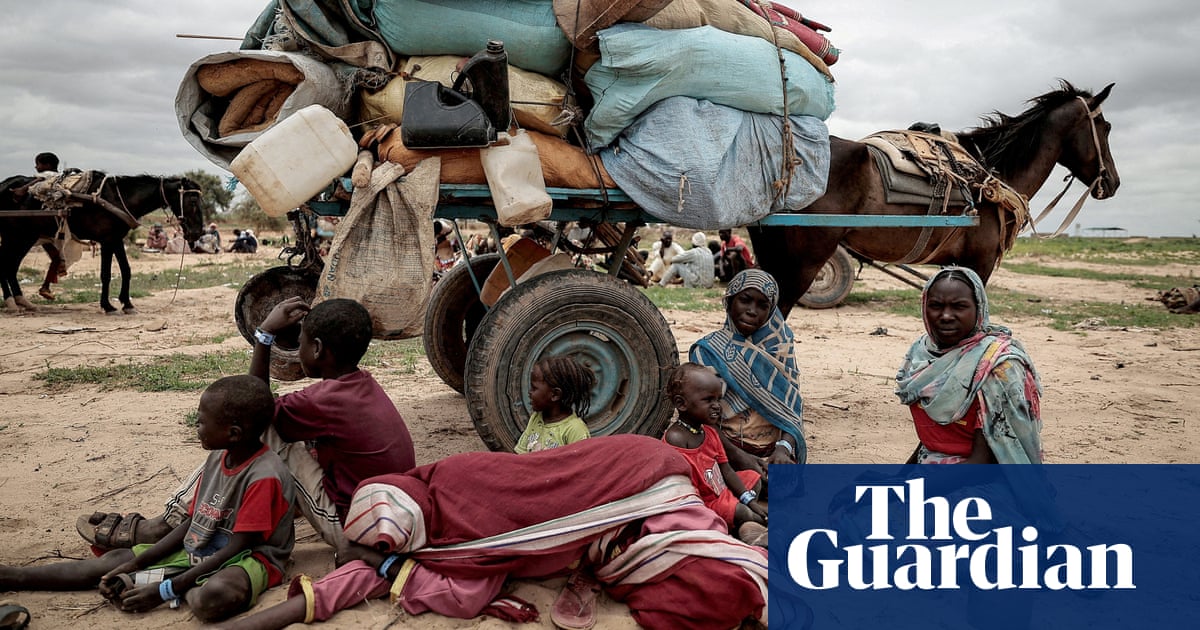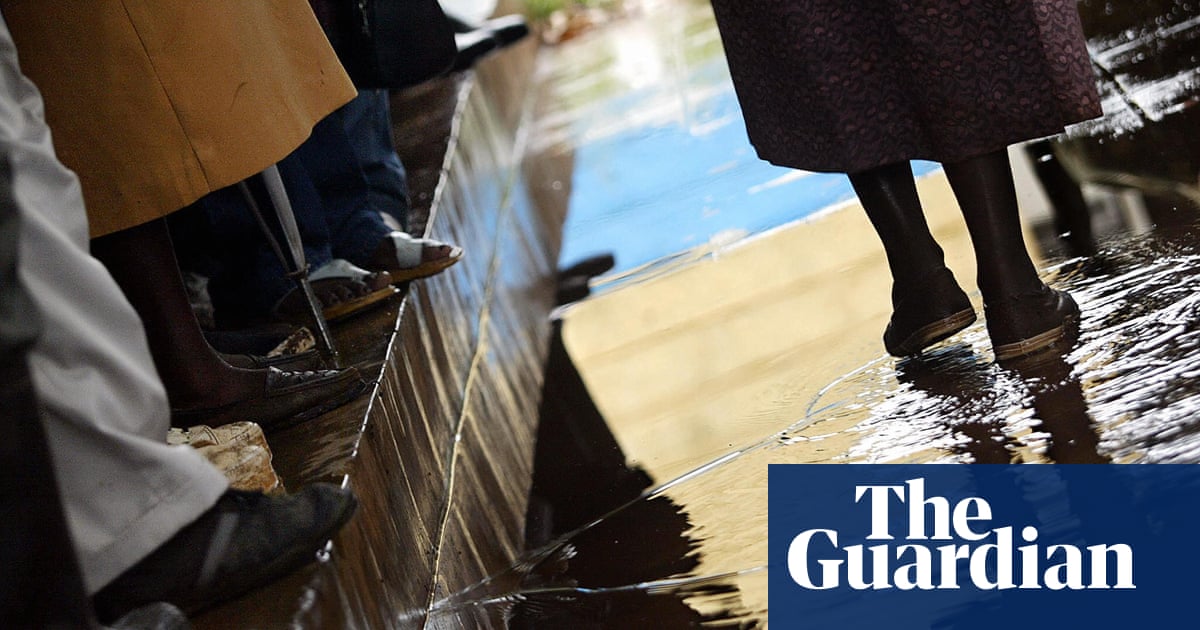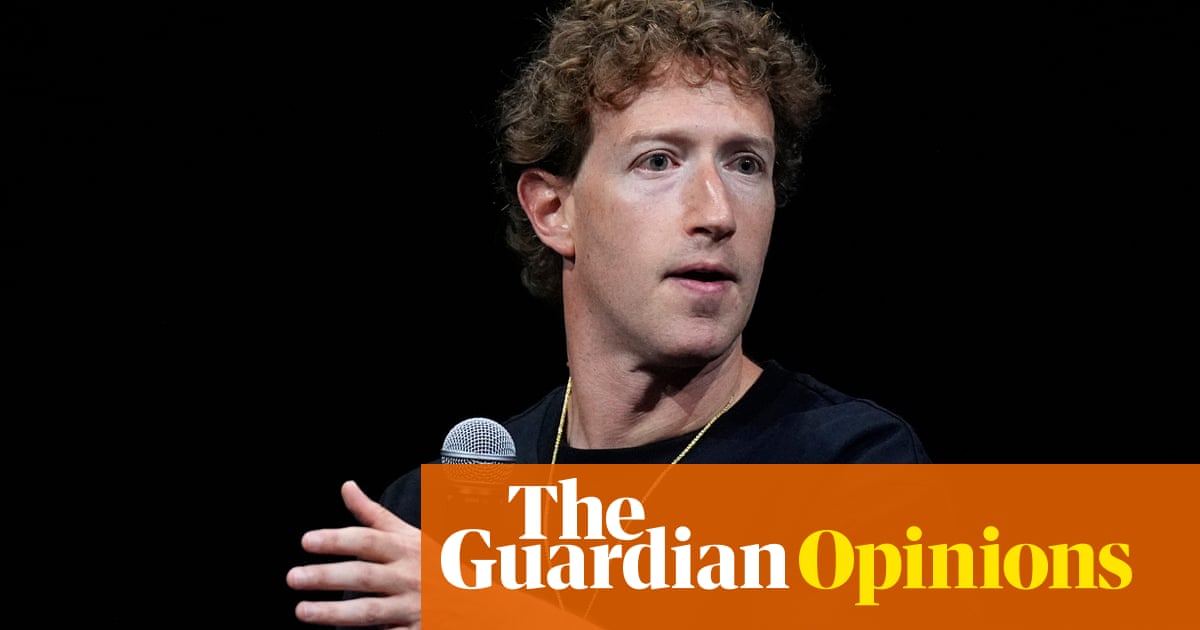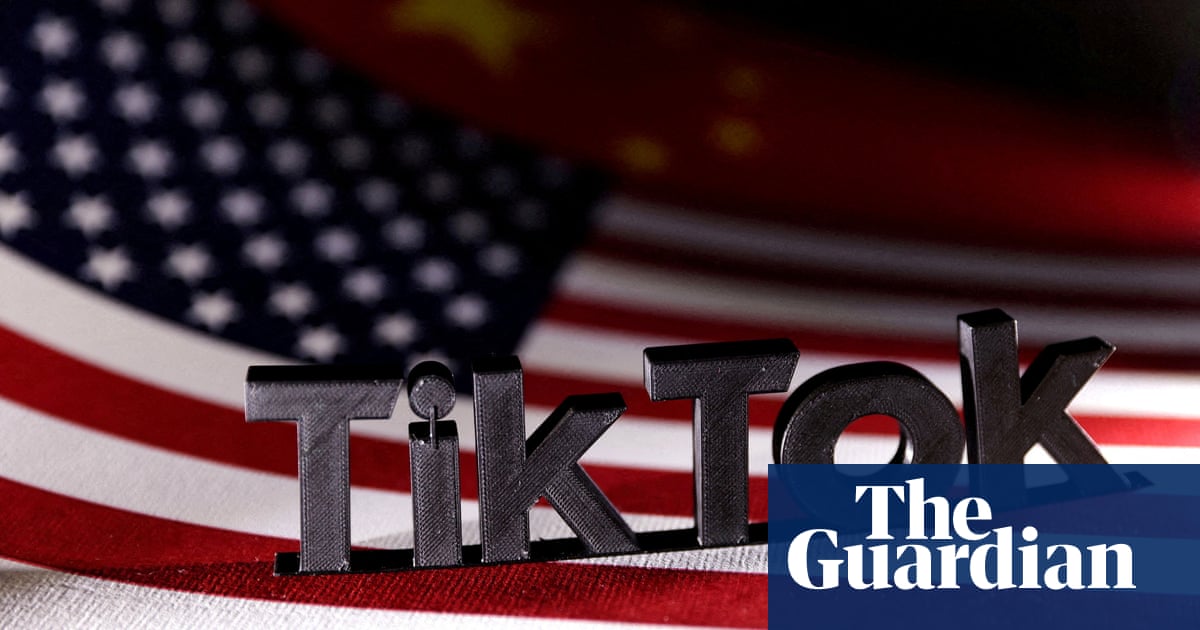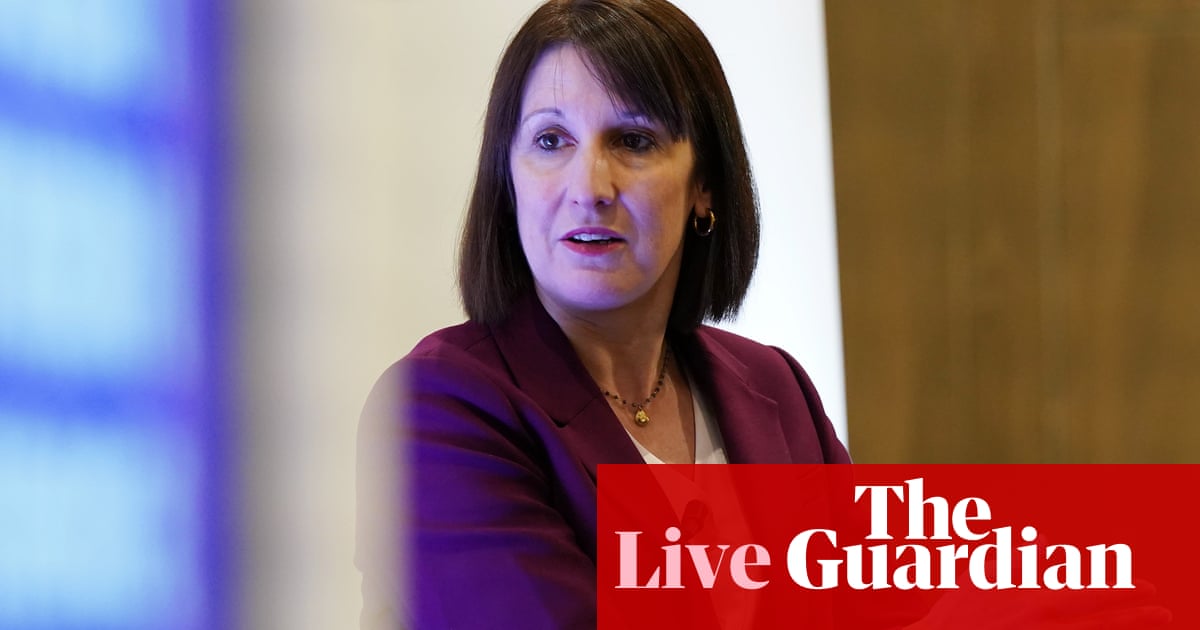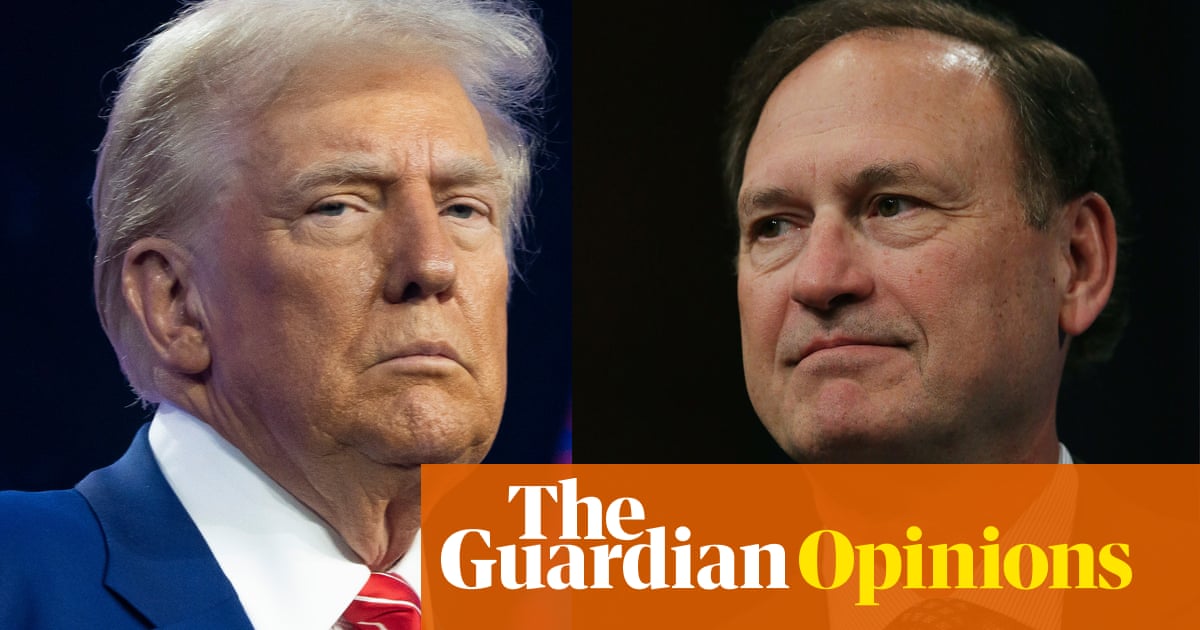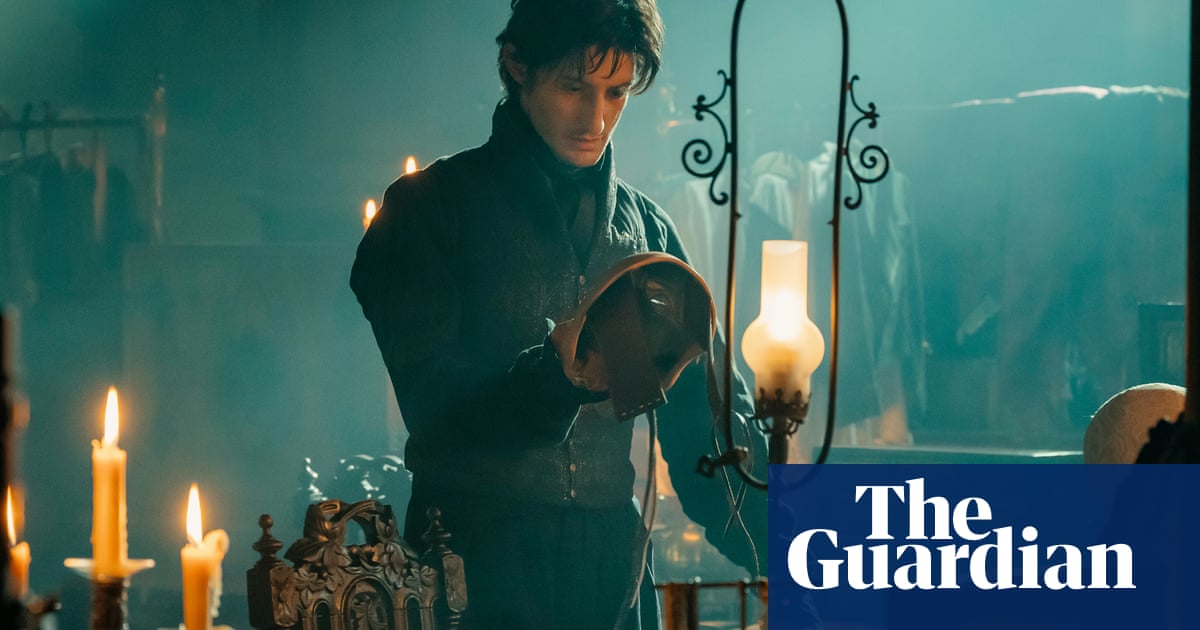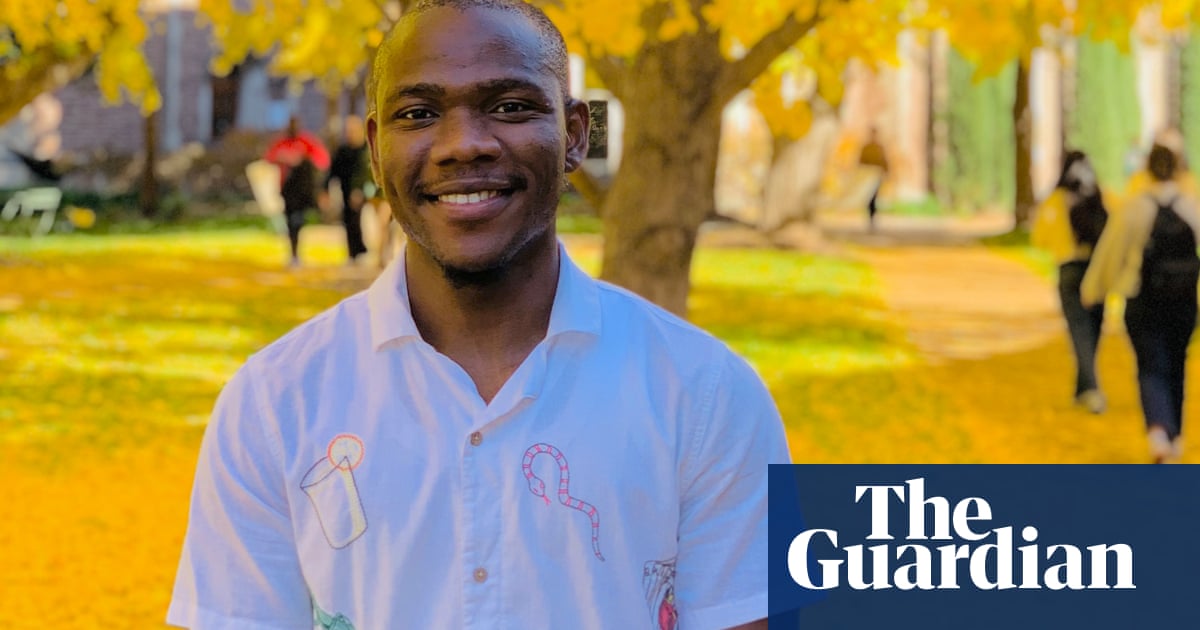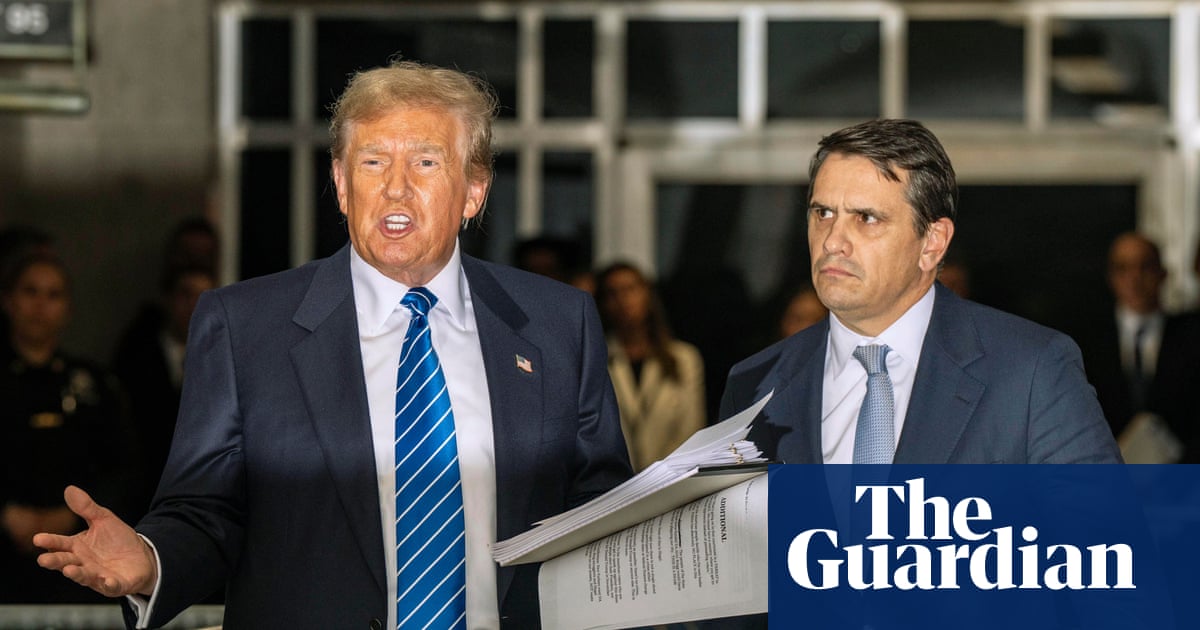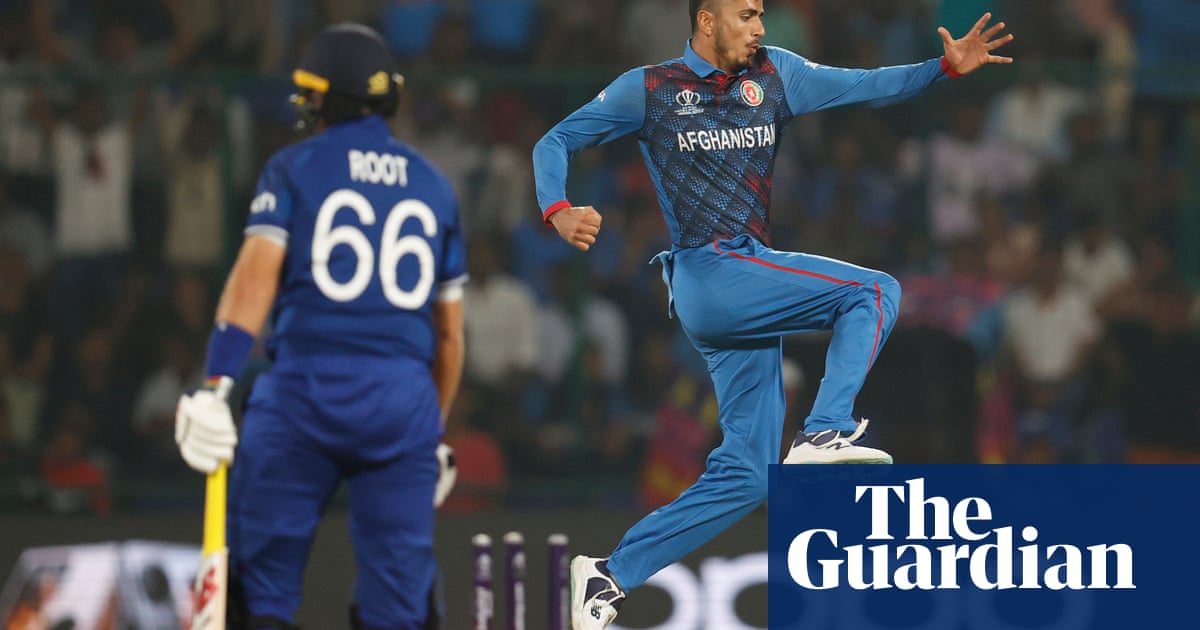I am 26 and from Sierra Leone, where I used to work in hospitals as a state-registered nurse. My friends heard that the British NHS needed doctors and nurses so they applied for jobs, but they don’t always give out visas, so I didn’t try.
I entered Tunisia last November and was travelling in a group of men and women, with my husband and my late brother’s four-year-old daughter.
The first day we were here we met some Arab boys who destroyed all my clothes and took my food. The next day, I saw the same boys again. They caught and held me to ransom, asking for €400 (£330).
These “mafia” boys wait in cars on the border offering to drive people to the coastal city of Sfax. But really they just kidnap and beat people. They beat the men mercilessly, us women not so bad. I had to wait for one week until my family paid the ransom.
We then walked for nine days until we got to Sfax, but we couldn’t stay in the city so came to this camp near the town of El Amra.
I met a doctor at the camp who had the idea of offering a medical service to people here. At first we were treating people in our homes, but there were so many patients that the doctor bought plastic and building materials and made this little clinic. It has just three rooms.
The doctor’s family sold land back in Sierra Leone to send money, some of which he has used to pay for medical supplies and building the clinic. We have also received small donations from individuals and NGOs.

We have been working ever since opening the clinic in January, delivering babies and treating wounds and infections. We treat so many infections and skin rashes. People are scratching and itching everywhere: arms, legs and even their private parts.
One of the biggest problems is chronic diarrhea. It is very hard to get clean water and it’s dangerous to go to buy bottled water. The local people came here once to empty the contents of their toilets and septic tanks. The smell was disgusting and after that we started seeing cases that presented more like typhoid and cholera.
Trying to get medicines and equipment is really difficult. We don’t always have medicine to treat people. I had an infection, but thankfully the doctor had the medicines to treat me.
We spend a lot of our time treating deep cuts and wounds because when people try to go to the shops the “mafia” boys attack you, take your money and your phone and cut you with a machete.
They also have guns, like air rifles or guns firing rubber bullets. Two or three times a week we will be suturing deep knife cuts or picking out buckshot. One patient had a rubber bullet buried so deep in his back it took a long time to extract it. Last night we were up late treating a man who had a cutlass gash across the back of his head.
after newsletter promotion
It is not easy here for women and mothers. I am seven months pregnant and like all the mothers here, I have not had a scan, but the doctor checks me every week or so.
Most women are pregnant with their husbands, but many were raped at the border entering Tunisia. They became pregnant and infected with diseases such as syphilis and gonorrhea. They have not had the chance to get an abortion. As a raped mother, who can they ask to support them and their baby?
But malnutrition is the biggest problem. All the babies we deliver are so small and underweight. Mothers aren’t producing milk, often because they are malnourished themselves, and have no money to buy formula. Two days ago, we delivered a baby and the mother didn’t have milk in her breasts. We checked on her and asked what she was feeding her child. She said just hot water.
I plan to give birth in Italy. Crossing now is sometimes still easy if there is good weather. But if the maritime national guard catch you they’ll ram your boat and push you into the water or beat you. One man said a national guard officer had beaten him with a rifle butt injuring his head and neck. The officers have also thrown mothers and babies into the desert.
Our days are long. Often we start seeing patients at 8am and work till 7pm. If we have emergencies we can be up till late at night. At times, even finding food to eat is a problem. We usually go out to beg for it. We are not here to earn money. Everyone is poor, we treat for free. In the end, God pays us.
* Surname withheld for privacy

.png) 2 months ago
18
2 months ago
18
